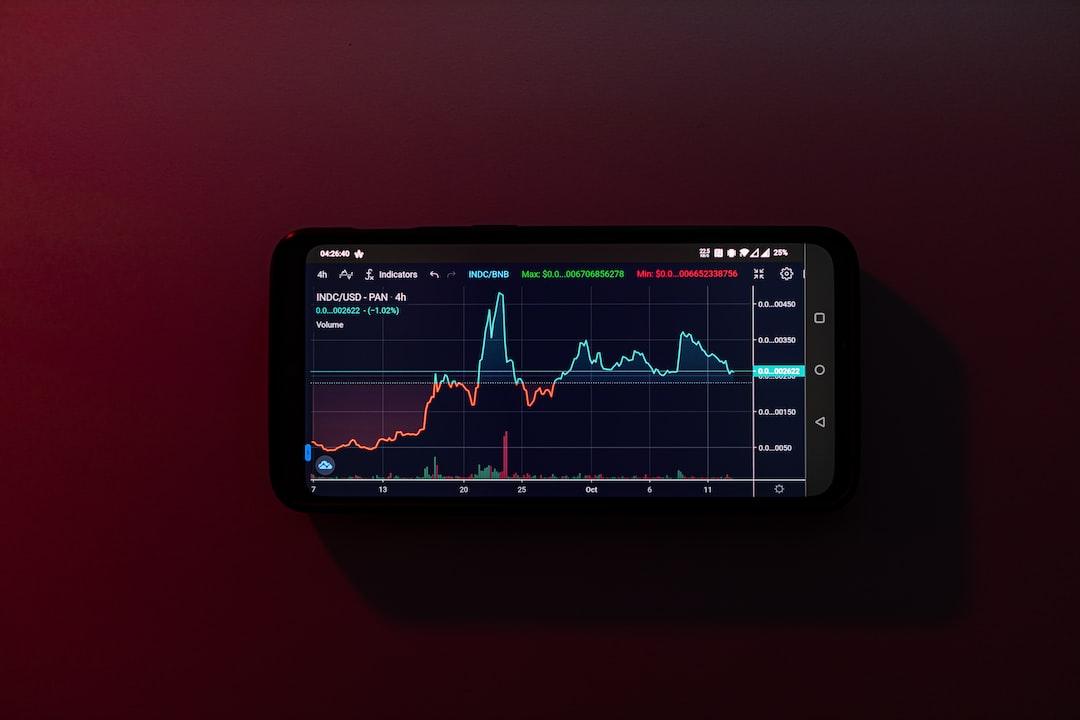
According to CoinDesk, the Financial Services Commission (FSC) of South Korea has ordered exchanges to suspend the launch of new cryptocurrency lending products until formal regulatory guidelines are issued, citing increasing risks to users and market stability.
The regulatory body specifically pointed out that recent events at Bithumb highlight the severity of the issue. In June of this year, over 27,000 users utilized the exchange’s lending services, with 13% being forcibly liquidated due to a drop in collateral value.
The FSC’s directive allows existing lending contracts to continue but prohibits the launch of new lending services. Officials stated that if platforms ignore this directive, on-site inspections and other regulatory measures will be implemented. Formal lending regulations are expected to be announced in the coming months.
This regulatory action comes as global cryptocurrency leverage levels have rebounded to bull market levels. A report from digital asset management firm Galaxy Digital indicated that crypto collateralized loans increased by 27% in the second quarter, totaling $53.1 billion, the highest level since early 2022. A $1 billion liquidation that occurred last week also underscored leverage risks, as Bitcoin fell from $124,000 to $118,000, triggering a chain of liquidations across the market.
Some analysts warn that systemic pressure is already evident, including tightening DeFi liquidity, extended withdrawal queues for Ethereum (ETH) staking, and an expanding spread between on-chain and off-chain USD borrowing rates.
However, not everyone agrees with the approach taken by South Korean authorities. Bradley Park from DNTV Research pointed out that what is truly needed are better safeguards rather than a blanket closure of services. He stated to CoinDesk:
Park added that most lending on exchanges is actually dominated by stablecoins, used to establish short positions.
He believes that the regulators’ real concerns may lie in distorted market structures, such as the “kimchi premium” turning negative (when cryptocurrency prices on South Korean exchanges are lower than the international market), rather than the services themselves.
He also noted that the transparency gap exacerbates the difficulty of regulation: Bithumb publicly discloses the scale of its lending business, but South Korea’s largest exchange, Upbit, does not. This lack of transparency may make it harder for regulatory bodies to assess systemic risks and could be a key reason for the FSC’s decision to implement a “complete suspension” measure.
Bitcoin Momentum Slows! Leverage Risks Mount as Market Eyes Key Support at $110,000
On-Chain Analysis Company Glassnode ReportsOn-chain analysis company Glassnode noted in it…
